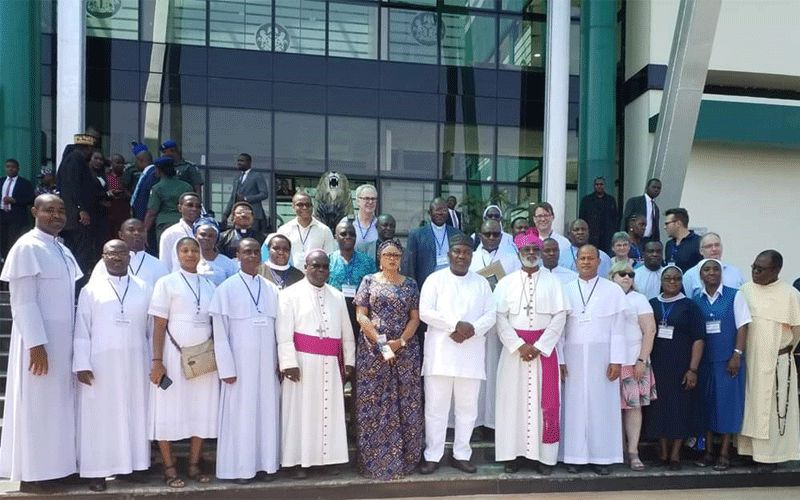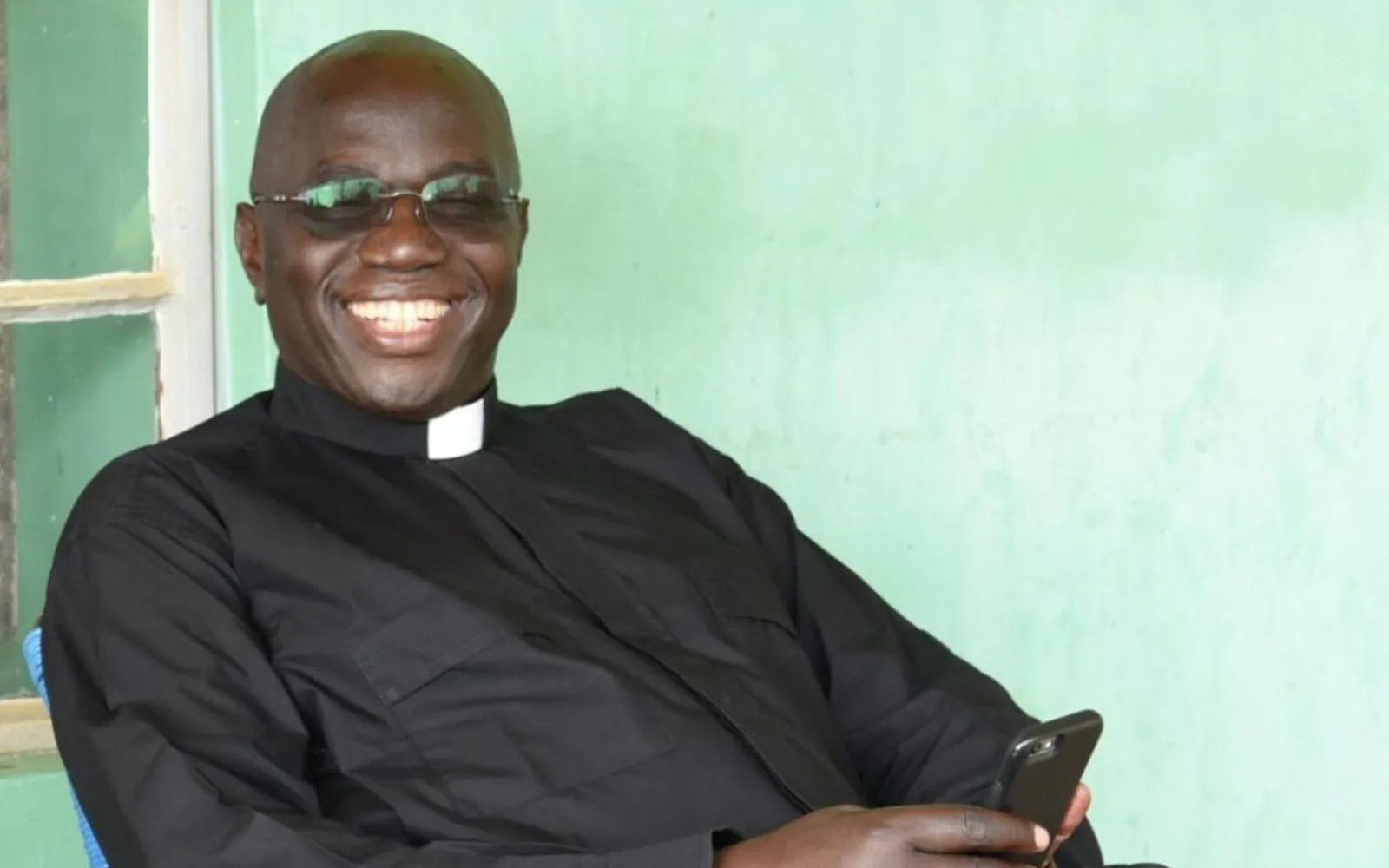“We propose a dialogical praxis between Church and Society,” the participants proposed in the three-page document and explained the way of way of implementing this proposal saying, “We must develop among other things, greater historical consciousness and deepen our understanding of the contemporary cultural, religious, socio-political, and economic realities of our people as well as deepening our understanding of the traditions of our Church.”
“It is in these traditions we see the traces of divine footprints. We are committed to a transformative theological praxis of encounter, humility, and hope that shatters the boundaries of class, race, gender, nationality, creeds, and all exclusionary categories,” the delegates who met at Bigard Memorial Seminary in Enugu, Nigeria expressed in their collective statement.
They warned that despite Africa recording the highest growth rate in Catholicism globally, if there is no sensitivity to the needs of the people of God who are suffering as “things continue to fall apart in the quality of life in Africa,” then there will be no reason to celebrate the place of Africa in the global Catholicism.
“Indeed, unless our theologies, institutional structures, and pastoral practices translate into tools of liberation and the flourishing of life for Africans, the growth of the Church will only be in number only,” the delegates to the December 5-8 Congress said and explained, “The kingdom of God does not grow simply in number. Rather, it grows in love, faith, and hope. This growth transforms communities, cultures and traditions.”
While acknowledging that African theology has often been detached from the continent’s context, the delegates underscored the need for the inclusion of all voices in the formulation, presentation, and application of African theology going forward.
“Embracing the principle of subsidiarity, the practice of theology demands a shared authority with those who have experience of the issues being discussed,” they said and illustrated, “Neither can there be a discussion on the role of women in the Church without their presence at the table nor can we speak for the poor who themselves have the lived experiences of poverty and violence.”
“Subsidiarity equally applies to the diversity of human experiences today, particularly the forgotten and those at the margins whose lives have been framed by narratives of exclusion - sexual minorities, persons with disabilities, divorced and remarried, migrants, and refugees,” the delegates documented.
Uniting themselves with the Symposium of Episcopal Conferences of Africa and Madagascar (SECAM) on their golden jubilee, the delegates committed themselves to working with Church leaders on the continent in “the search for concrete and transformative proposals for the renewal and reform of the Churches and their institutions, following the teaching of Vatican II.”
In accordance with the 1959 Second Congress of Black Writers and Artists held in Rome and SECAM’s message in its 1974 Synodal Response, the Congress delegates accepted that the “Church needs a diversity of theologies and pastoral approaches to meet the changing and challenging contexts of faith and life in Africa and other parts of the world.”
“We, therefore, affirm at this Congress unfailing desire to accompany the Church-Family of God in Africa by seeking together the ways and means through which African theology, pastoral plans and projects in our dioceses, parishes, religious communities, Catholic social agencies and all channels of evangelization in the continent,” the delegates said referencing the theme that guided the yearlong Golden Jubilee of SECAM that concluded July 2019.








